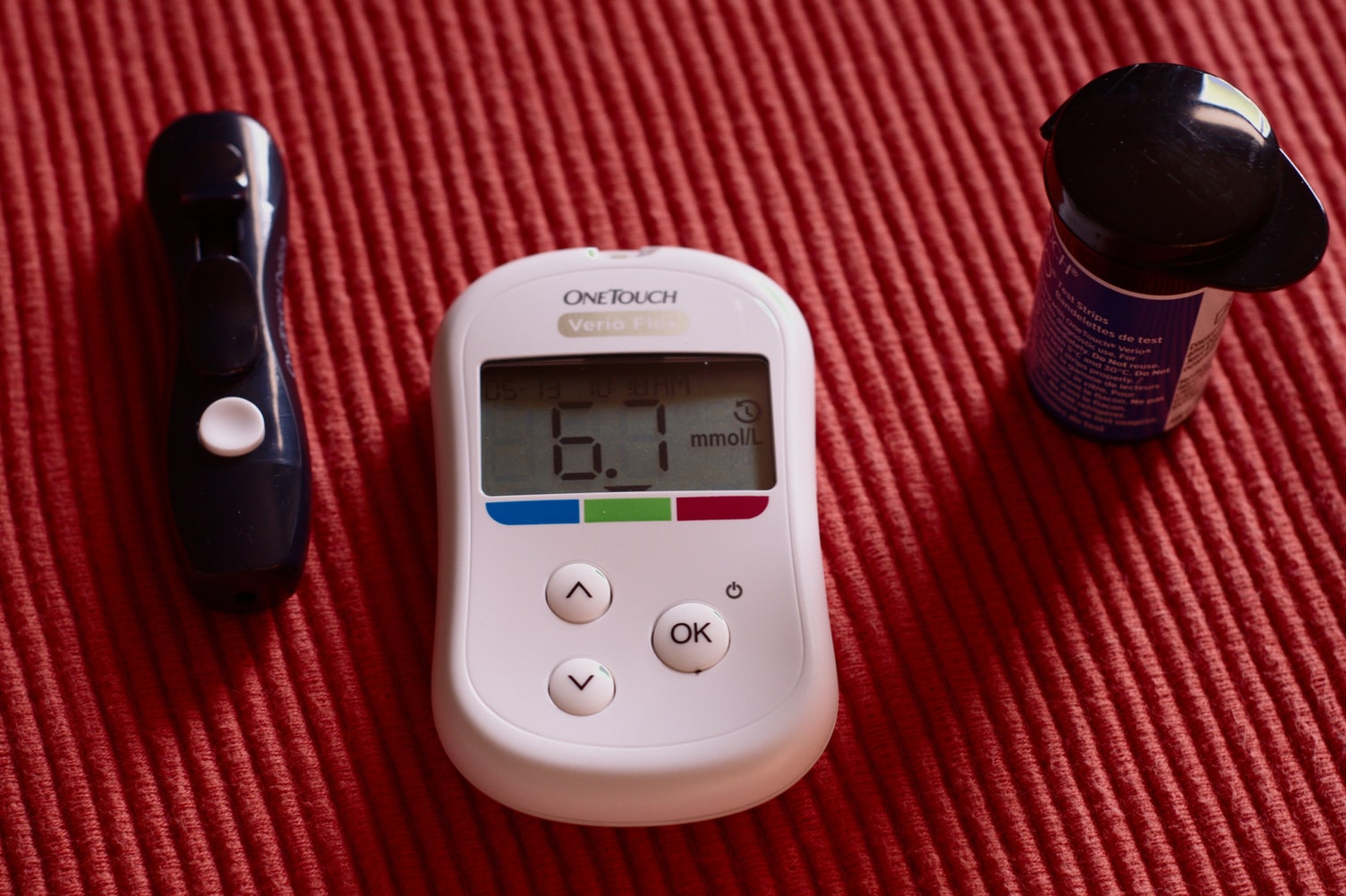Diabetes is a disorder that affects your body’s ability to process sugars into energy. While it could be caused due to an autoimmune disease or as a result of a poor lifestyle, if diagnosed early, diabetes can be controlled. Left untreated, it can lead to several and potentially life-threatening complications. Read on to understand how diabetes could affect different body systems.
Excretory System
Elevated sugars in your blood could cause irreversible damage to the kidneys, affecting their ability to filter out toxins from the blood. Tests to determine high levels of proteins in urine could suggest a problem affecting the kidneys.
Endocrine System
A severe complication of diabetes called diabetic ketoacidosis occurs when the pancreas cannot produce enough insulin, and other hormones convert fat into energy. This results in high levels of toxic chemicals like ketones produced in the body. If left untreated, this condition can cause death.
Central Nervous System
Diabetes also causes damage to nerves and makes you more prone to injury and related infections.
Circulatory System
High blood pressure is a common complication that accompanies diabetes. High levels of glucose in the blood also increase fatty deposits in blood vessels, the risks of hardening of the blood vessels, and the chance of strokes. Reduced blood flow to the extremities can cause decreased sensations, infections, and ulcers that eventually require amputation of a foot or leg. Eyesight can also be affected by changes in blood supply to the eyes.
Digestive System
High blood sugar levels can also lead to severe dehydration as water is pulled away from body tissues. You may also experience nausea, heartburn, and bloating due to a rise in sugar levels.
Skin
Skin tends to lose moisture and flexibility. Feet are particularly affected by dehydration and can dry out and crack. Keeping your skin too moist also causes complications. Warm folds in skin are ideal for the formation of bacteria and fungus, leading to infections. Controlling sugar levels usually reduces skin conditions.
Knowing the symptoms to look out for can help you to keep diabetes in check and reduce further complications. A change of lifestyle and some discipline can go a long way in keeping diabetes at bay.


